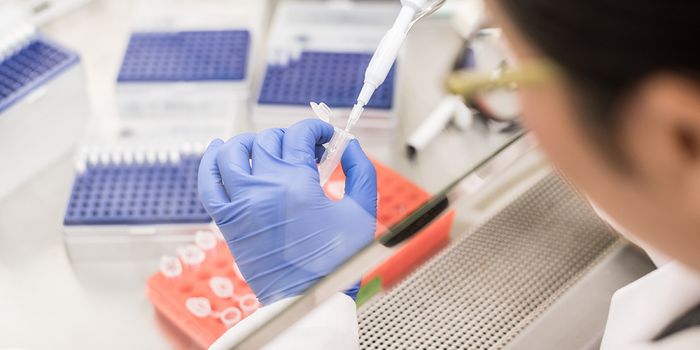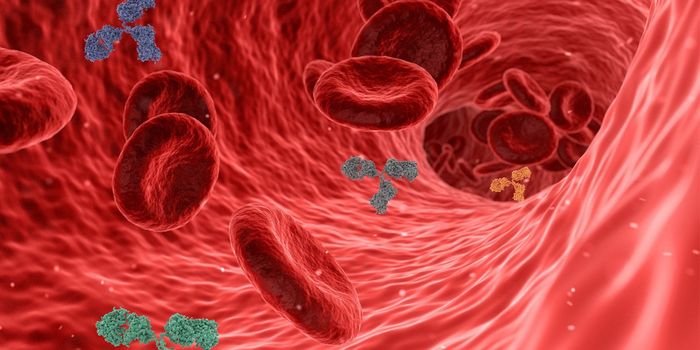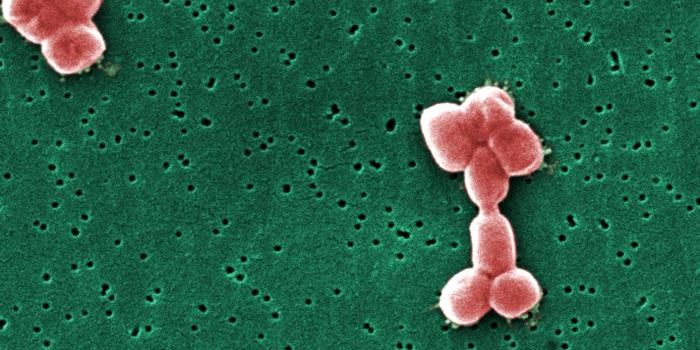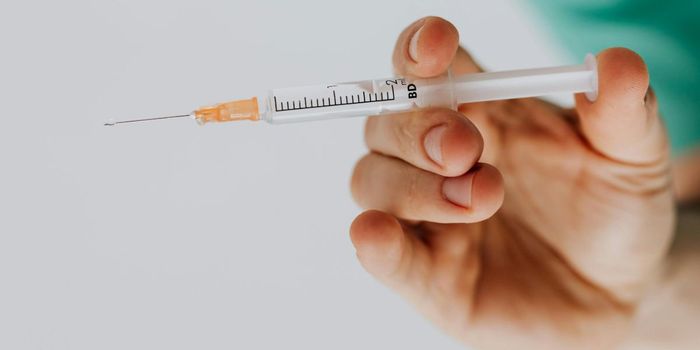Modifying Antibiotics For Drug Resistant Infections

In a study published in Nature Chemistry, researches at MIT were able to create a new chemical reaction that has the ability to modify antibiotics to make them more effective against drug-resistant infections.
One example demonstrated is the antibiotic vancomycin which was chemically linked to an antimicrobial peptide and was able to dramatically enhance the antibiotic’s effectiveness against two strains of drug-resistant bacteria.
"Typically, a lot of steps would be needed to get vancomycin in a form that would allow you to attach it to something else, but we don't have to do anything to the drug," says an MIT associate professor of chemistry and senior of the study--Brad Pentelute. "We just mix them together and we get a conjugation reaction."
The novel reaction could be used to alter other types of drugs, particularly onco-drugs.
The researchers found that in linking up these peptides with vancomycin, the chemical bonds were consistent in occurring at the same location resulting in molecules that were identical. Existing tools for linking complex molecules make it difficult to produce a pure product. However, the attachment of drugs to an antibody or another targeting protein will make it easier for these drugs to reach their target.

“By chemically linking the antibiotic vancomycin to two different antimicrobial peptides, MIT researchers were able to dramatically enhance the drug’s effectiveness against two strains of drug-resistant bacteria: A. baumannii and E. faecalis.” –ScienceDaily
Credit: Image: U.S. Centers for Disease Control and Prevention
"That's the beauty of this method," says MIT postdoc Chi Zhang. "These complex molecules intrinsically possess regions that can be harnessed to conjugate to our protein, if the protein possesses the selenocysteine handle that we developed. It can greatly simplify the process."
Additionally, the researchers hope that through the modifications of antibiotics—it can be used for the development of cancer drugs. Their study can be use to create effective cancer drugs that will reach their targeted destination without cause debilitating effects to healthy tissue.








